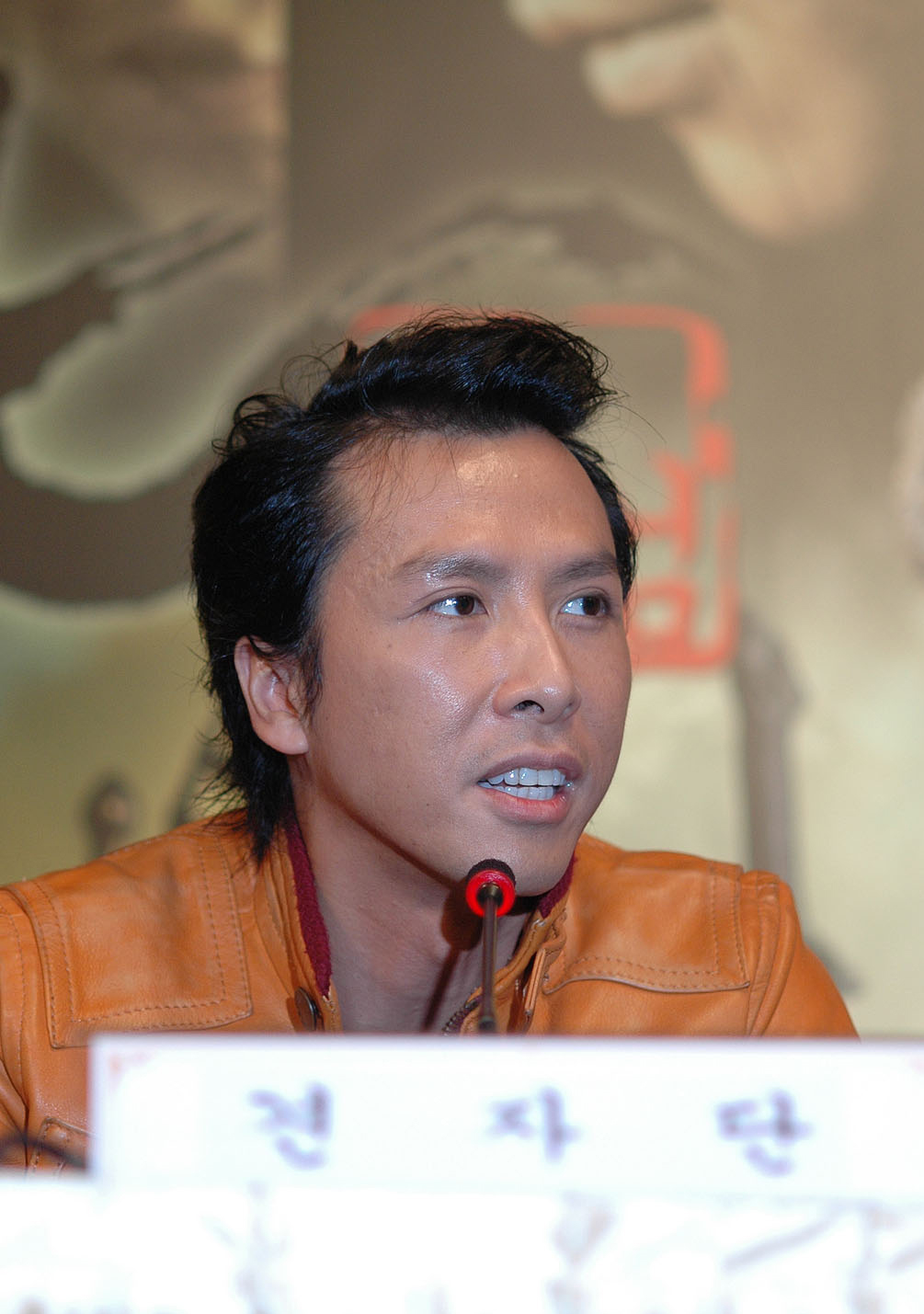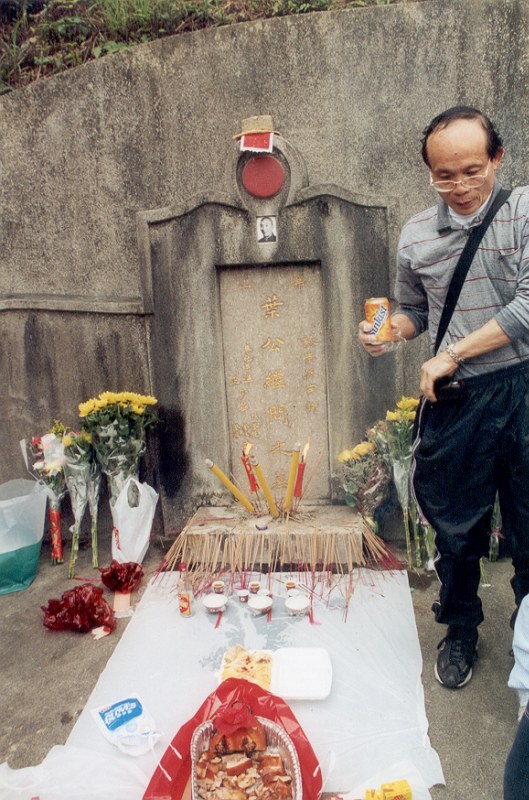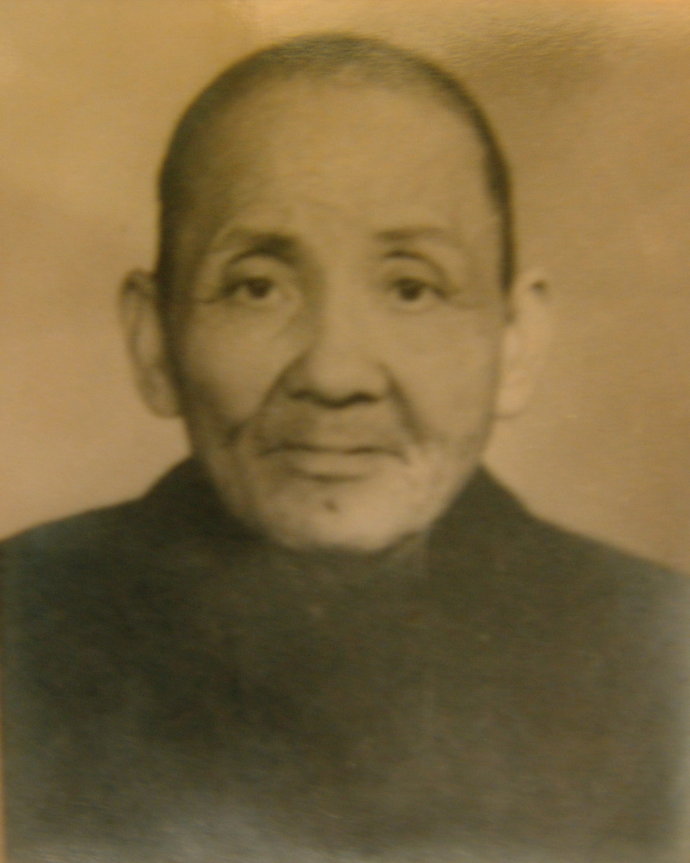|
Donnie Yen
Donnie Yen Chi-tan ( zh, c=甄子丹, p=Zhēn Zǐdān, j=, first=j; born 27 July 1963) is a Hongkongers, Hong Kong actor, filmmaker, martial artist, and action director. He is the recipient of various accolades, including three Golden Horse Film Festival and Awards, Golden Horse Awards and five Hong Kong Film Awards. He is best known for portraying Wing Chun grandmaster Ip Man in the ''Ip Man (film series), Ip Man'' film series, namely ''Ip Man (film), Ip Man'' (2008), ''Ip Man 2'' (2010), ''Ip Man 3'' (2015), and ''Ip Man 4: The Finale'' (2019). He also served as co-producer for the spin-off ''Master Z: Ip Man Legacy'' (2018). Born in Guangdong, Yen developed an interest in martial arts at a young age, and began experimenting with various styles, including tai chi and other traditional Chinese martial arts. At age 18, he auditioned for action choreographer Yuen Woo-ping in Hong Kong. He landed his first starring role in the 1984 Hong Kong martial arts action film ''Drunken Ta ... [...More Info...] [...Related Items...] OR: [Wikipedia] [Google] [Baidu] |
Zhen (surname)
Zhen (), is a Chinese family name that takes the 205th place in the ''Hundred Family Surnames''. The Chinese character for Zhen is the same in traditional and simplified characters. It is usually romanised as Yan or Yen in Cantonese (commonly used in Hong Kong). In Vietnamese the surname is written as Trân. Notable people with the surname Zhen * Lady Zhen (甄夫人; 183–221), personal name unknown, first wife of Cao Pi * Zhen Luan (甄鸾; 535–566), mathematician of the Southern and Northern dynasties period * Zhen Bin (甄彬), served as an official of Pi County during the Liang dynasty, known for his honesty when he returned five pieces of gold that he took by mistake * Zhen Chen (甄琛), Northern Wei official, known for his incorruptible character * Zhen Quan (甄权; c. 541–643), Tang dynasty medical practitioner * Zhen Lixin (甄立言), Tang dynasty medical practitioner, Zhen Quan's younger brother * Martin Yan (甄文达; Zhen Wenda; b. 1948), China-born Ame ... [...More Info...] [...Related Items...] OR: [Wikipedia] [Google] [Baidu] |
Ip Man
Ip Man (born Ip Kai-man; 1 October 1893 – 2 December 1972), also known as Yip Man, was a Chinese martial arts grandmaster. He became a teacher of the martial art of Wing Chun when he was 20. He had several students who later became martial arts masters in their own right, the most famous among them being Bruce Lee. Early life Ip Man was born as Ip Kai-man () to Ip Oi-dor () and Ng Shui () as the third of his parents' four children. He grew up in a wealthy family in Foshan (Fatshan), Guangdong (Kwangtung) and received a traditional Chinese education alongside his elder brother Ip Kai-gak (), elder sister Ip Wan-mei (), and younger sister Ip Wan-hum ().Title: Yip Man – Portrait of a Kung Fu Master, Page:3, Author(s): Ip Ching and Ron Heimberger, Paperback: 116 pages, Publisher: Cedar Fort (23 January 2001), Ip started learning Wing Chun from Chan Wah-shun when he was 9 or 13. Chan was 57 at the time, and Ip became Chan's 16th and last student. Due to Chan's age, he was a ... [...More Info...] [...Related Items...] OR: [Wikipedia] [Google] [Baidu] |
Kung Fu Film
Kung fu film () is a subgenre of martial arts films and Hong Kong action cinema set in the contemporary period and featuring realistic martial arts. It lacks the fantasy elements seen in ''wuxia'', a related martial arts genre that uses historical settings based on ancient China. Swordplay is also less common in kung-fu films than in ''wuxia'' and fighting is done through unarmed combat. Kung fu films are an important product of Cinema of Hong Kong, Hong Kong cinema and the Western world, where it was exported. Studios in Hong Kong produce both wuxia and kung fu films. History The kung fu genre was born in Hong Kong as a backlash against the supernatural tropes of wuxia. The wuxia of the period, called ''shenguai wuxia'', combined ''shenmo, shenguai'' fantasy with the martial arts of wuxia. Producers of wuxia depended on special effects to draw in larger audiences like the use of animation in fight scenes. The popularity of shenguai wuxia waned because of its cheap effects and fan ... [...More Info...] [...Related Items...] OR: [Wikipedia] [Google] [Baidu] |
Jet Li
Li Lianjie (courtesy name Yangzhong; born 26 April 1963), better known by his stage name Jet Li, is a Chinese-born Singaporean Martial arts, martial artist and actor. With a Jet Li filmography, film career spanning more than forty years, Li is regarded as one of the most Cultural icon, iconic Chinese film stars, one of the most renowned martial arts stars of his generation, and one of the greatest martial arts stars in the history of cinema. Films in which he has appeared in have grossed over $2.4 billion worldwide. After three years of training with acclaimed Wushu (sport), wushu teacher Wu Bin (wushu coach), Wu Bin, Li won his first national championship for the Beijing Wushu Team in 1974, winning the first of five men's national championships. After his retirement from the sport in 1979, he went on to win great acclaim as an actor, making his debut with the martial arts film ''Shaolin Temple (1982 film), Shaolin Temple'' (1982), which instantly catapulted him to stardom in East ... [...More Info...] [...Related Items...] OR: [Wikipedia] [Google] [Baidu] |
Once Upon A Time In China II
''Once Upon a Time in China II'' is a 1992 Hong Kong martial arts film written, produced and directed by Tsui Hark. Jet Li stars as Chinese martial arts master and folk hero of Cantonese ethnicity, Wong Fei-hung. It is the second instalment in the ''Once Upon a Time in China'' film series, and co-stars Donnie Yen, Rosamund Kwan and Max Mok. The iconic theme song, "A Man Should Better Himself" (男兒當自強), was performed in Cantonese by George Lam at the beginning of the film, and by Jackie Chan in the end credits. Chan also sang the Mandarin version. Plot The film is set in China in 1895 during the Qing dynasty. Wong Fei-hung travels by train from Foshan to Canton to attend a seminar on medicine. He is accompanied by his romantic interest 13th Aunt and apprentice Leung Foon. The situation in Canton is rather chaotic. On one hand, there are protests in the streets against the signing of the Treaty of Shimonoseki. On the other hand, the White Lotus Sect, a xenopho ... [...More Info...] [...Related Items...] OR: [Wikipedia] [Google] [Baidu] |
Drunken Tai Chi
''Drunken Tai Chi'' is a 1984 Hong Kong martial arts action film directed by Yuen Woo-ping. It is notable for being the acting debut of Donnie Yen, who had previously performed as a stuntman. The film showcases Yen's martial arts skills as well as his b-boying abilities, including a scene in which Yen performs a moonwalk. Plot A spoiled young man is on the run from a ruthless killer, who is tasked to kill him, his brother, and his father. Donnie Yen's character finds accommodation with a puppeteer and his heavy-set wife, who teach him the art of tai chi, the only style of martial arts that can defeat the killer. Cast Source: * Donnie Yen * Yuen Cheung Yan * Yuen Shun-yi * Mandy Chan * Lydia Shum * Wong Tao * Yuen Hsin Yee Reception Reviewer Simon Rigg of kungfukingdom.com writes that while the film never reached the popularity of ''Drunken Master'', "nevertheless it’s a great kung fu showcase in its own right. It’s an unconventional mix, featuring American crazes ... [...More Info...] [...Related Items...] OR: [Wikipedia] [Google] [Baidu] |
Yuen Woo-ping
Yuen Woo-ping (; alias: Yuen Wo-ping; born 1945) is a Hong Kong people, Hong Kong Stage combat, martial arts choreographer and film director who worked in Hong Kong action cinema and later Hollywood films. He is one of the inductees on the Avenue of Stars, Hong Kong, Avenue of Stars in Hong Kong. Yuen is also a son of Yuen Siu-tien, a martial arts film actor. He attended the China Drama Academy for one year as a day student of Master Yu Jim-yuen as well. Life and career Yuen was born in Guangzhou, Guangdong, China. With a support of Ng See-yuen, he achieved his first directing credit in 1978 on the seminal ''Snake in the Eagle's Shadow'', starring Jackie Chan, followed quickly by ''Drunken Master''. The films were smash hits, launching Jackie Chan as a major film star, turning Seasonal Film Corporation, Seasonal Films into a major independent production company, and starting a trend towards comedy in martial arts films that continues to the following two decades. Yuen went on to h ... [...More Info...] [...Related Items...] OR: [Wikipedia] [Google] [Baidu] |
Chinese Martial Arts
Chinese martial arts, commonly referred to with umbrella terms Kung fu (term), kung fu (; ), kuoshu () or wushu (sport), wushu (), are Styles of Chinese martial arts, multiple fighting styles that have developed over the centuries in Greater China. These fighting styles are often classified according to common traits, identified as "families" of martial arts. Examples of such traits include ''Shaolin kung fu, Shaolinquan'' () physical exercises involving Five Animals, All Other Animals () mimicry or training methods inspired by Chinese philosophies, Old Chinese philosophies, religions and legends. Styles that focus on qi manipulation are called ''Internal martial arts, internal'' (; ), while others that concentrate on improving muscle and cardiovascular fitness are called ''Styles of Chinese martial arts#External styles, external'' (; ). Geographical associations, as in ''northern'' (; ) and ''Nanquan (martial art), southern'' (; ), is another popular classification method. Ter ... [...More Info...] [...Related Items...] OR: [Wikipedia] [Google] [Baidu] |
Tai Chi
is a Chinese martial art. Initially developed for combat and self-defense, for most practitioners it has evolved into a sport and form of exercise. As an exercise, tai chi is performed as gentle, low-impact movement in which practitioners perform a series of deliberate, flowing motions while focusing on deep, slow breaths. Often referred to as " meditation in motion", tai chi aims to concentrate and balance the body's purported (vital energy), providing benefits to mental and physical health. Many forms of tai chi are practiced, both traditional and modern. While the precise origins are not known, the earliest documented practice is from Chen Village and Zhabao Village in Henan on the North China Plain, a region where centuries of rebellions, invasions, and adverse economic and social conditions nurtured the development of a wide range of martial arts, including those of the Shaolin Monastery on Mount Song at the western edge of the plain. Most modern styles trace th ... [...More Info...] [...Related Items...] OR: [Wikipedia] [Google] [Baidu] |
Ip Man Legacy
IP most often refers to: * Intellectual property, creations of the mind for which exclusive legal rights are recognized * Internet Protocol, a set of rules for sending data across a network IP or Ip or ip may also refer to: Businesses and organizations * IP College (Indraprastha College for boys), a constituent college of the University of Delhi, New Delhi, India * Imperial Police, a former Indian police agency * ''Inicjatywa Pracownicza'' (Workers' Initiative), a Polish trade union * International Paper, an American pulp and paper company * Iraqi Police * Atyrau Airways (IATA code: IP) * Italiana Petroli, an Italian petroleum brand owned by Anonima Petroli Italiana Places * Ipswich, for Ipswich and surrounding areas, England * Ip, Sălaj, Romania * Ip (river), a river in Sălaj County, Romania * IP Casino Resort Spa, in Biloxi, Mississippi, US Science and technology Biology and medicine * Immunoprecipitation, a molecular biology technique * Incontinentia pigmenti, a gene ... [...More Info...] [...Related Items...] OR: [Wikipedia] [Google] [Baidu] |
The Finale
{{DEFAULTSORT:Finale, The ...
The Finale may refer to: * "The Finale" (''Everybody Loves Raymond''), the final episode of ''Everybody Loves Raymond'' * "The Finale" (''Seinfeld''), the final two episodes of ''Seinfeld'' * "The Finale" (''Will & Grace''), the final episode of ''Will & Grace'' *"The Finale" (''The Nanny''), the final episode of ''The Nanny'' *"The Finale" (''The Big C''), the final episode of '' The Big C'' *"The Finale", a song by Jolin Tsai from the 2006 album '' Dancing Diva'' See also * Finale (other) Finale may refer to: Pieces of music * Finale (music), the last movement of a piece * Finale (Loggins and Messina album), ''Finale'' (Loggins and Messina album), 1977 * Finale (Pierrot album), ''Finale'' (Pierrot album), 1999 * Finale (song), "Fi ... [...More Info...] [...Related Items...] OR: [Wikipedia] [Google] [Baidu] |





